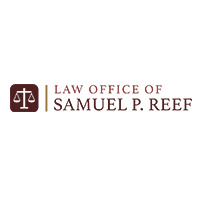East Walpole RICO Act Lawyer, Massachusetts
Sponsored Law Firm
-
 x
x

Click For More Info:
-
Adam P. Beck, M.D., Esq.
25 Marston St Suite 303 Lawrence, MA 01841» view mapAccident & Injury Law Legal Expertise You Can Rely On
By working with lawyers who are also doctors, clients can benefit from advocates who have a deeper understanding of their physical injuries, medical needs, and prognoses.
800-383-8491
Not enough matches for East Walpole RICO Act lawyer.
Below are all East Walpole Criminal lawyers.
Melanie Shapiro
✓ VERIFIEDSamuel P. Reef
✓ VERIFIEDSamuel Reef is a practicing lawyer in the state of Massachusetts. He received his J.D. from Suffolk University Law School in 1994. He currently works ... (more)
Robert N. Launie
✓ VERIFIEDAttorney Robert N. Launie graduated from Boston College High School in 1974 and Boston College in 1978. After working in-house for a large union mason... (more)
 Adam Beck Lawrence, MA
Adam Beck Lawrence, MA AboutAdam P. Beck, M.D., Esq.
AboutAdam P. Beck, M.D., Esq. Practice AreasExpertise
Practice AreasExpertise



